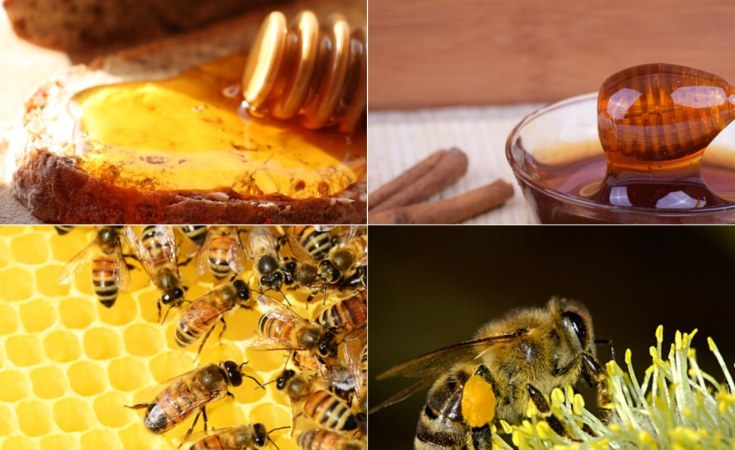Rodah Chirwa, from Group Village Head Chipwayira in Traditional Authority Timbiri in Nkhata Bay District, makes at least MK388,000 each time she harvests and sells her honey.
She does that after every six to eight months.
Chirwa says she lives happily for she can afford her basic needs while building for herself a new modern house and having paid school fees for her three children, who now finished form four.
The 54 year old and 199 other members of Chisala Bee Keepers Association express their gratitude to Financial Access for Rural Markets, Smallholders and Enterprise (FARMSE) Programme, a nationwide development programme supporting household economic development through access to financial services that are appropriate to each socioeconomic level of poverty.
Under the programme, there is an intervention seeking to increase access to financial services by low income rural communities through savings and credit methodology.
In 2019, FARMSE's implementing partner, FINCOOP Savings and Credit Cooperative Limited (FINCOOP SACCO), reorganized Chirwa and other members of Chisala Bee Keepers Association to be able to save and borrow money to finance their honey production business.
They are also able to access honey markets through aggregation and acquire assets through proceeds of honey sales, savings and group profits.
The association, itself owning 200 beehives, can put together about 1000 litres of honey per harvest, selling it between MK2,500 to MK3,500 per litre. Buyers, sometimes, also buy the honey directly from individual members.
Chirwa, who is actually the Chairperson for the association, had only three beehives before FARMSE came on the scene. She now has 45 beehives.
She says there are a lot of benefits in honey business and urges more people to join.
"Life was hard before all this. I now have everything I need. I am encouraged to do more. I wish FARMSE should continue with these interventions," said Chirwa.
According to FINCOOP SACCO, members of Chisala Bee Keepers Association were also trained in cooperative development, mobilization of savings, group dynamics, agriculture irrigation and management of a cooperative including formation of a constitution. There was also the opening of accounts for the group and individual members.
As a result, the association managed to open savings accounts with FINCOOP SACCO and accessed production loans, which are repayable monthly at a meagre 3.7 interest.
Some members have been accessing individual loans through the group which enables them to engage in different businesses at household level.
That is how Chirwa, like all other members of the association, grew her honey business and embarked on diversification. She also invested the profits into fish farming and goat keeping, where she is reaping benefits as well.
"No need to rely on one thing. While I wait for the honey to mature, I make money through selling fish and goats. I am also planning to have a banana field," she said.
FINCOOP SACCO Branch Manager for Mzuzu, Simon Mangenje, said their intervention has really helped Chisala Bee Keepers Association become a professional cooperative which "knows what it is doing".
"We have also referred them to other partners to help them in aspects of the intervention we cannot manage. Notable, is the bringing in of offtakers to buy the honey for sale at wholesale prices," Mangenje said.
FARMSE Monitoring and Evaluation Specialist, Manuel Mang'anya, said there is progress, considering that most of the beneficiaries to access to rural financial services are indeed being brought into the formal financial services.
He added this will be sustainable on the premise that FARMSE has been working with the private sector, such as FINCOOP SACCO, who have brought their products in rural areas and expanded their market there.
"We believe they will continue working with these beneficiaries as their clients even way beyond the end of FARMSE.
"Financial Access in rural areas is important because opening accounts safely keeps money and offers an opportunity to borrow money at fairly low interest rates.
"This forms part of the mobilization of enormous resources in rural areas to be brought into the formal financial services that could be used by the private sector to borrow for bigger investments," Mang'anya said.


